Household energy storage lithium battery
The Residential Energy Storage System (RESS) is an advanced battery storage device designed to store electricity generated from solar photovoltaic (PV) systems or the grid, to meet household energy needs. It is primarily designed for residential users, with the goal of enhancing energy self-sufficiency, reducing electricity costs, ensuring stable power supply, and providing backup power during outages. A typical RESS includes batteries, an inverter, a power management system, and corresponding control and monitoring software.Our residential energy storage solution covers 3 ~ 45 kW, and this range is predominantly designed for PV self-consumption, back-up power, load shifting and off-grid solutions for household applications.
Residential Energy Storage System
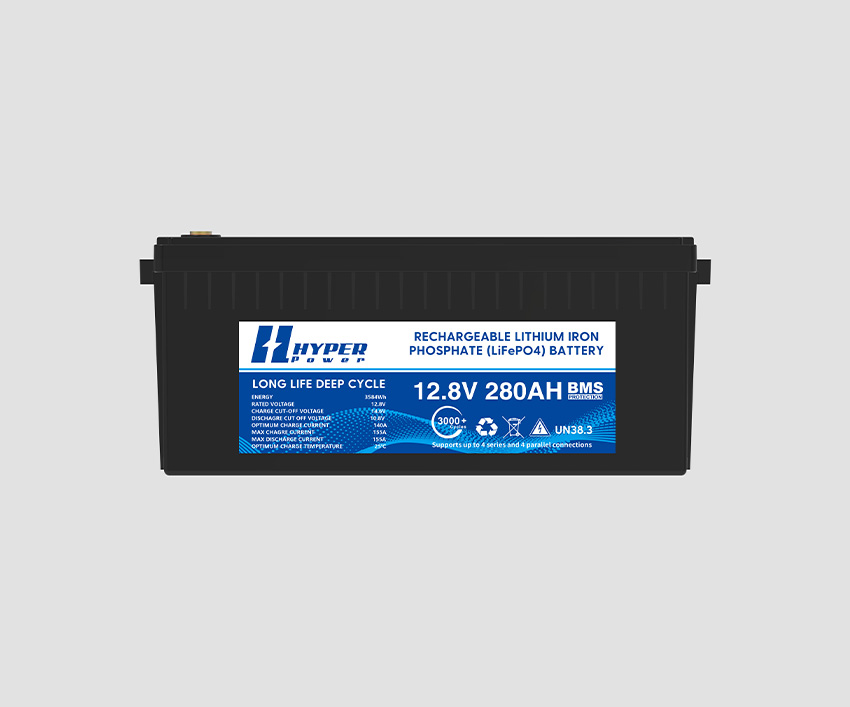
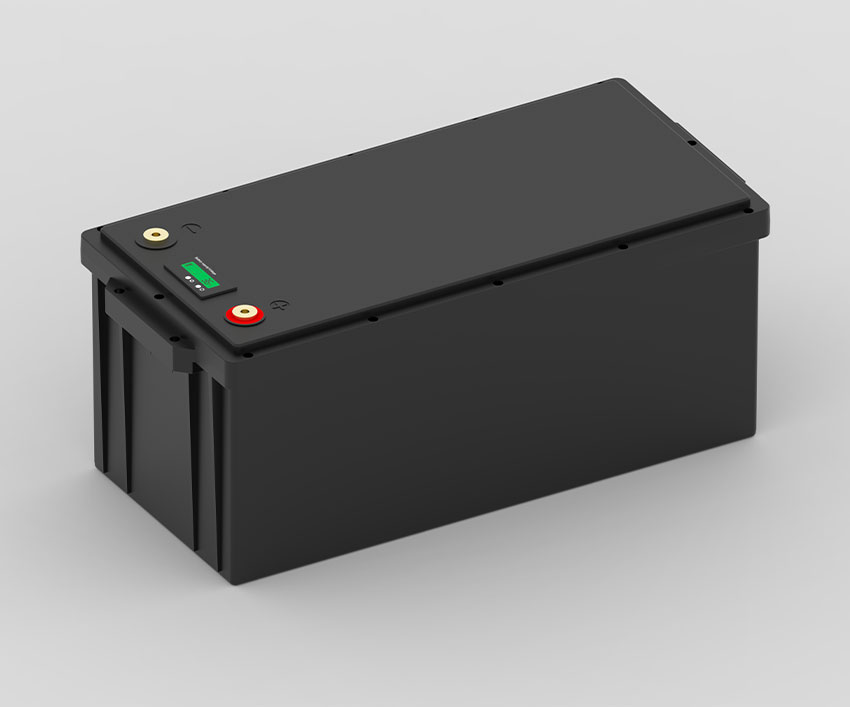
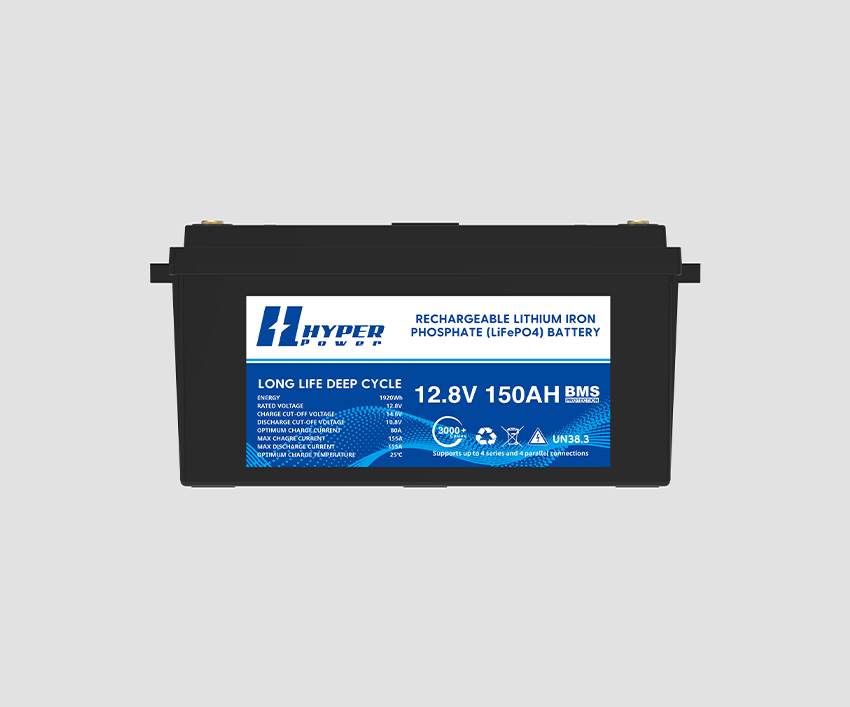

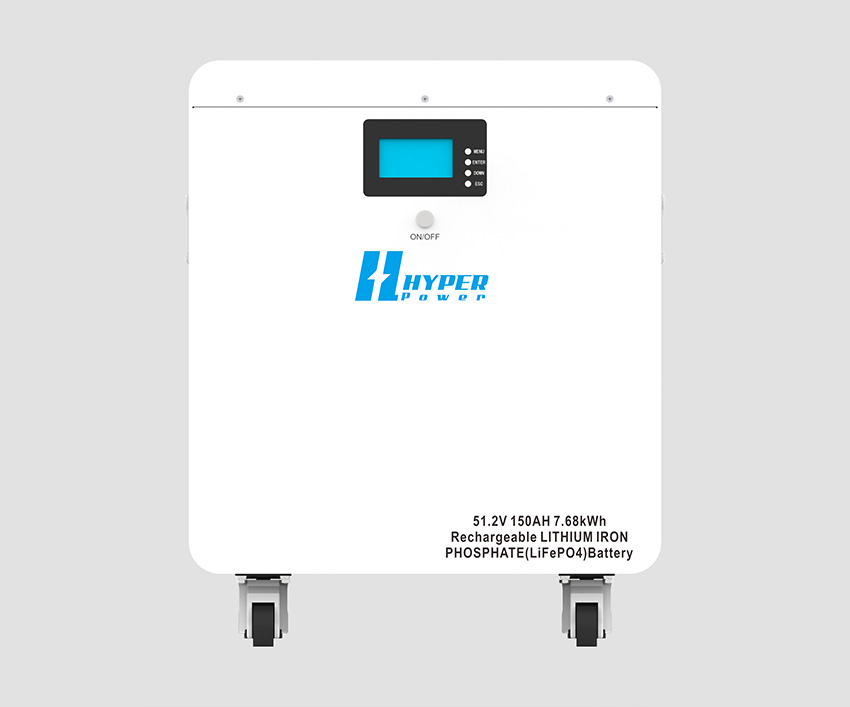
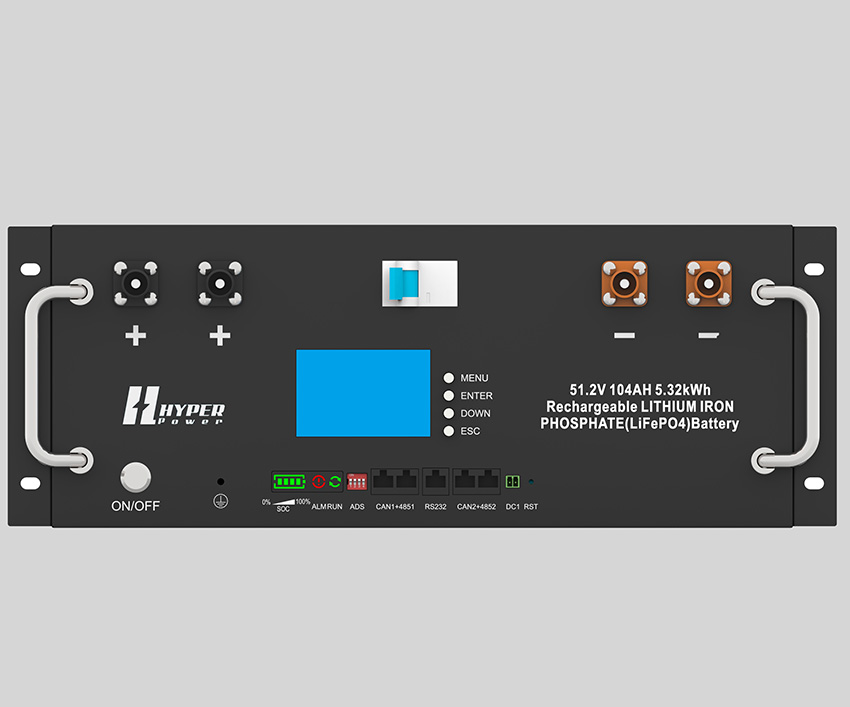
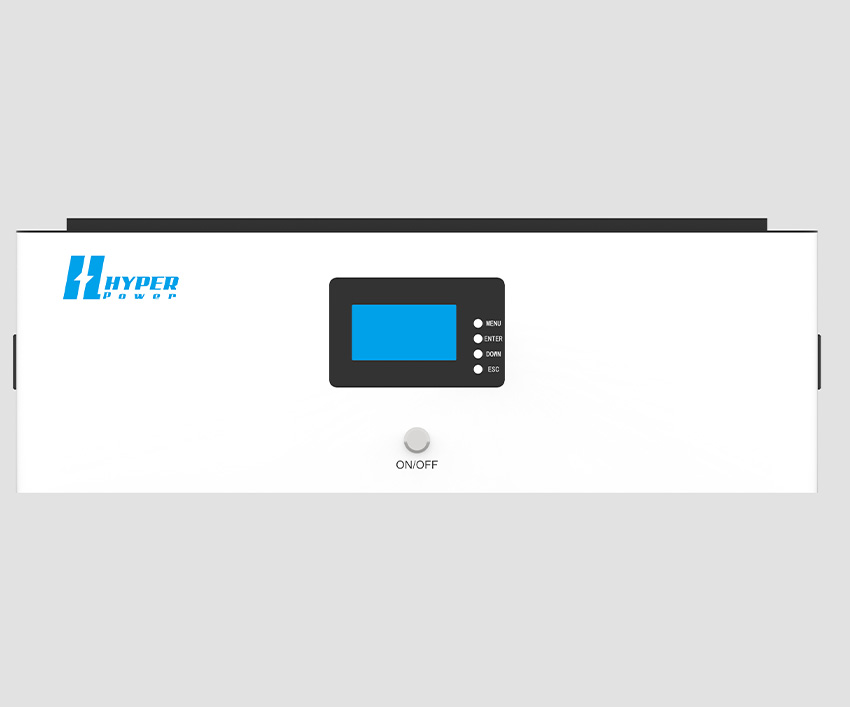
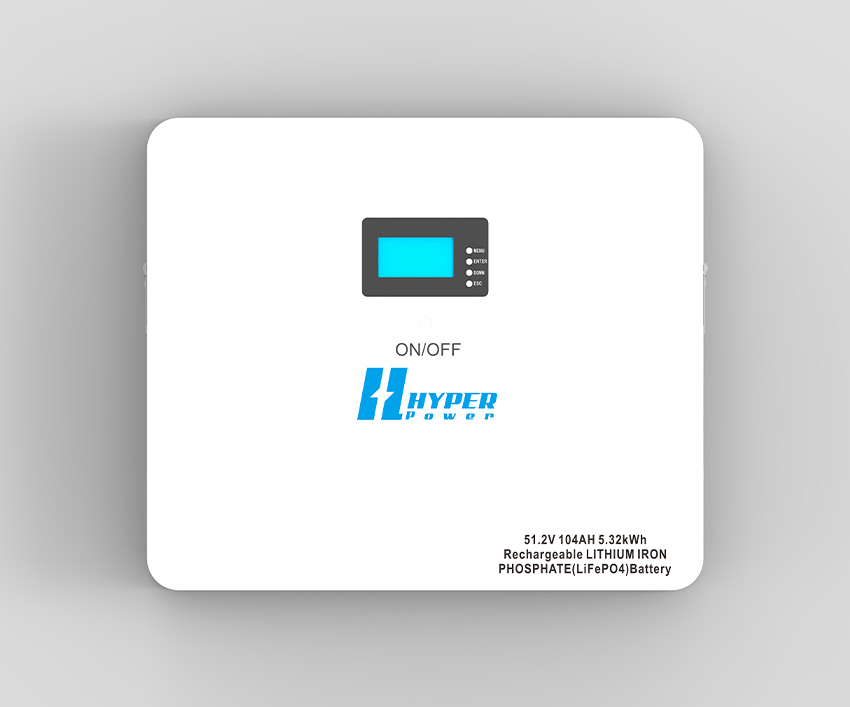
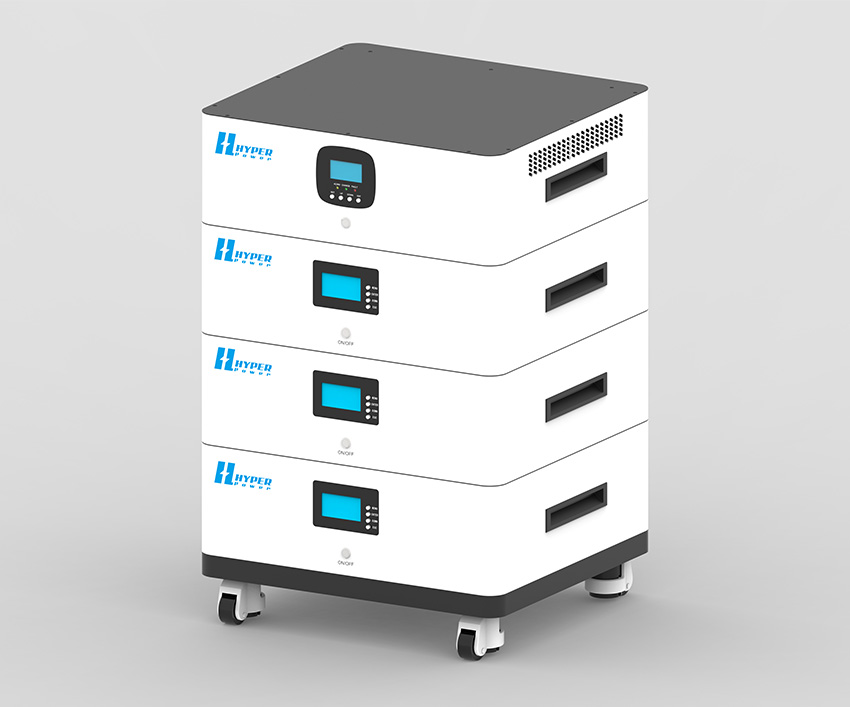
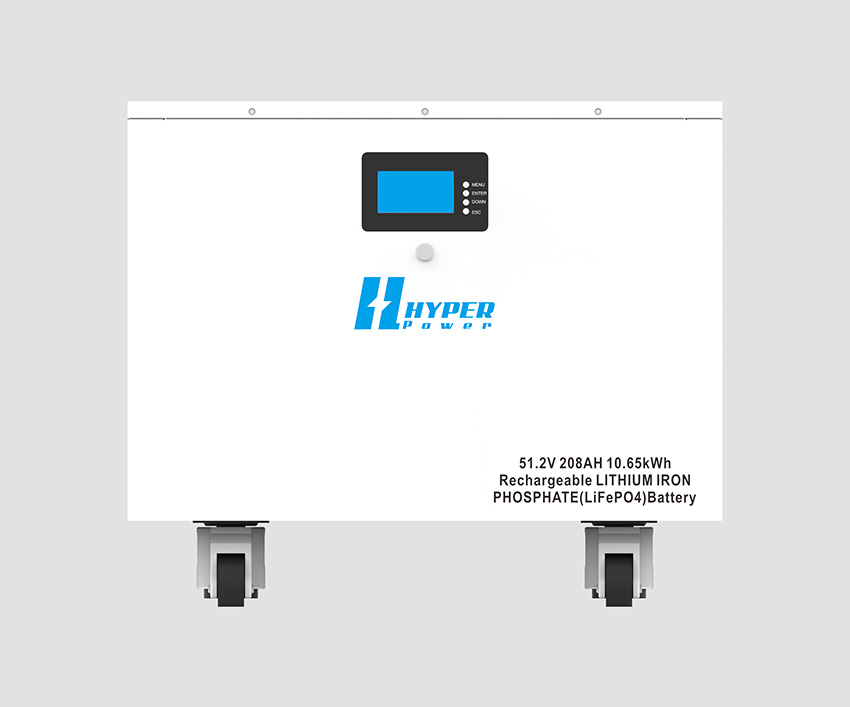
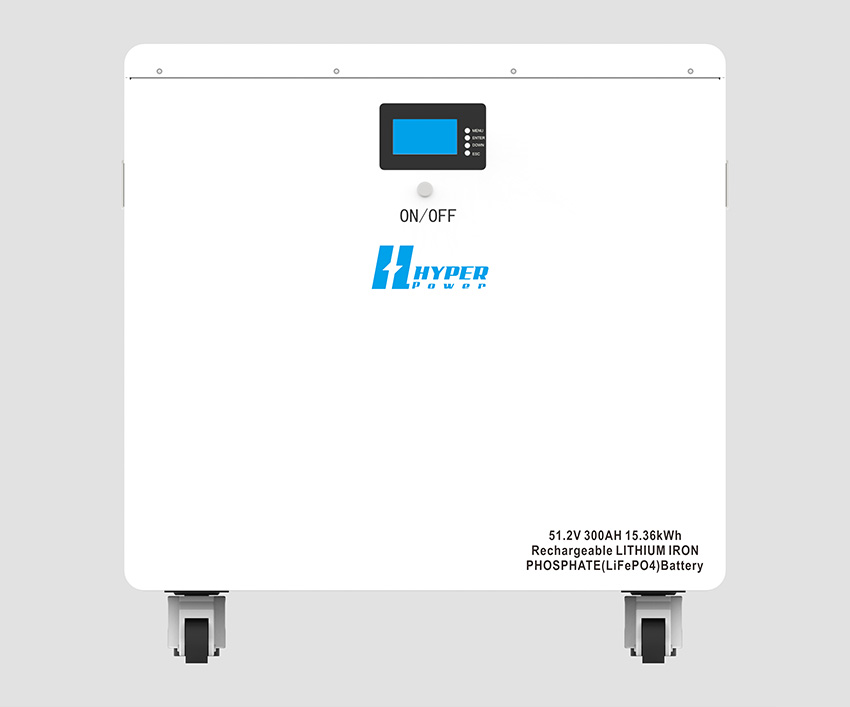
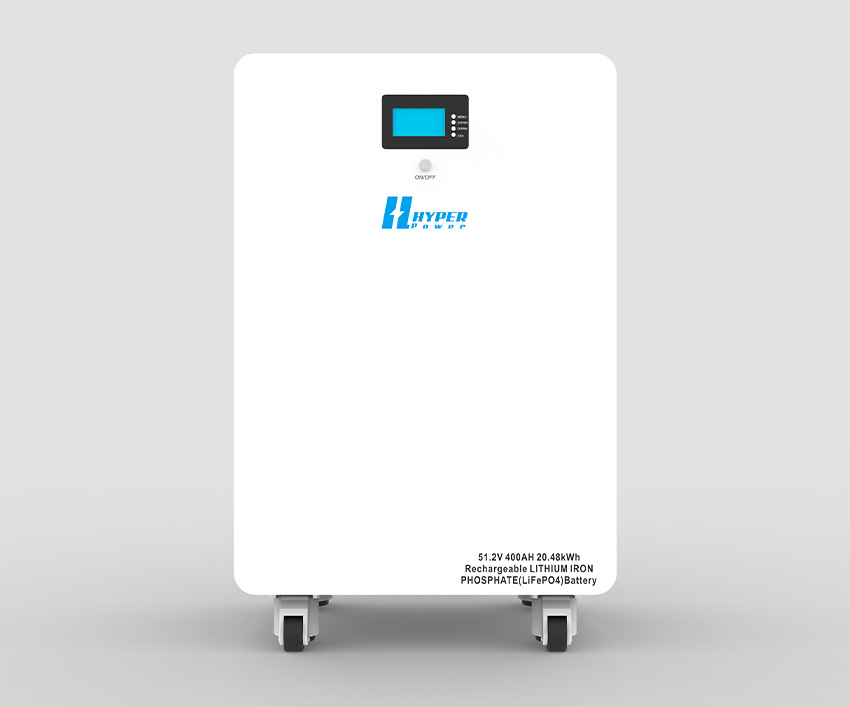
Residential Energy Storage System
The Residential Energy Storage System (RESS) offered by Jujiang New Energy is an advanced energy solution designed to enhance household energy efficiency and sustainability. Jujiang New Energy specializes in providing cutting-edge storage systems that integrate seamlessly with solar photovoltaic (PV) systems, allowing homeowners to maximize their energy usage and savings.

Key Features of Jujiang New Energy's RESS
- High-Efficiency Storage: The system efficiently stores excess solar energy generated during the day for use during the night or on cloudy days, ensuring a continuous power supply.
- Smart Energy Management: Equipped with intelligent energy management software, the RESS optimizes energy use, reduces electricity costs, and enhances self-consumption of solar power.
- Reliable Backup Power: The system provides reliable backup power during grid outages, keeping essential appliances and devices running without interruption.
- Scalable Solutions: Jujiang's RESS offers scalability, allowing homeowners to choose a system size that fits their energy needs, ranging from small to large capacity solutions.
- Eco-Friendly Design: The system is designed with sustainability in mind, reducing carbon footprint by enabling greater use of renewable energy.
Advantages of Jujiang New Energy's Residential Energy Storage System
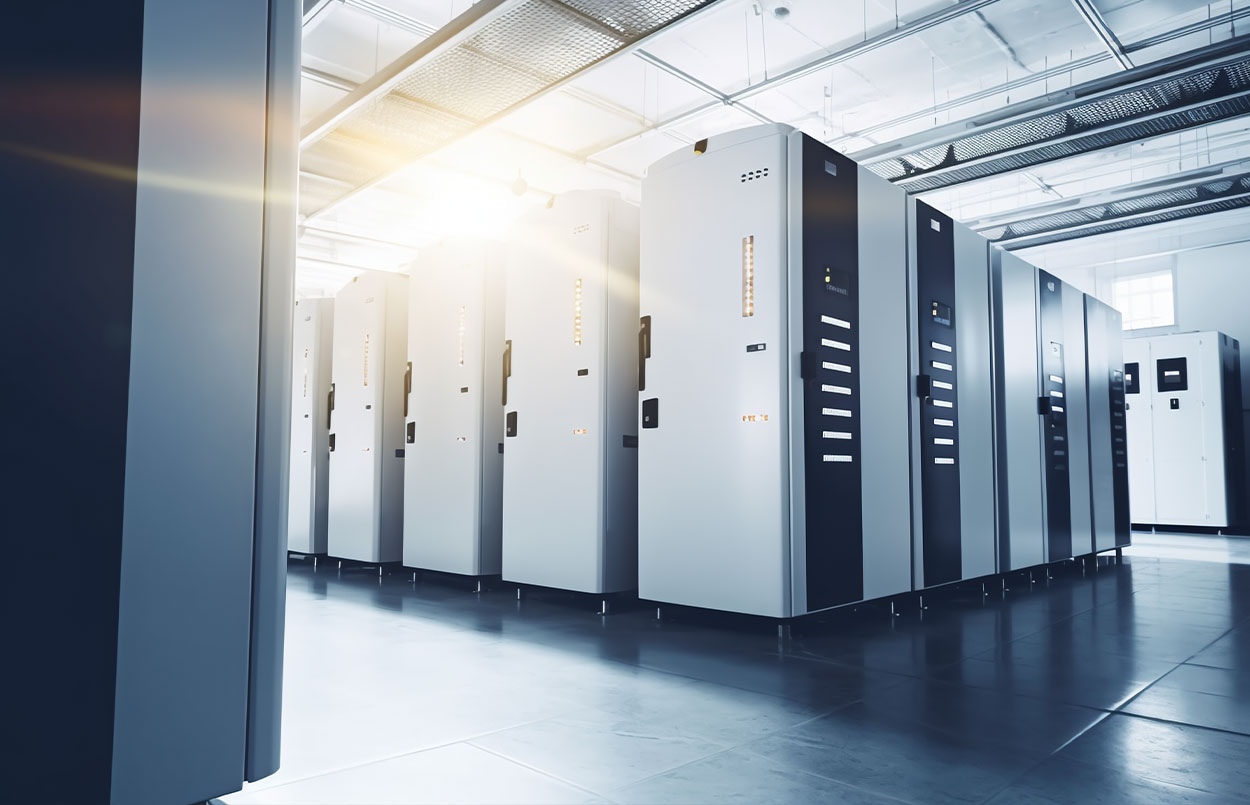
-
Scalability and Flexibility:
- Modular Design: Offers scalable solutions that can be customized to meet the specific energy needs of any household, from small to large setups.
- Flexible Installation Options: Available in various configurations, including wall-mounted, floor-mounted, or rack-mounted systems, to fit different space requirements.
-
Environmental Sustainability:
- Eco-Friendly Materials: Manufactured using environmentally responsible materials, reducing the overall carbon footprint.
- Promotion of Clean Energy: Encourages the use of renewable energy sources, contributing to a greener and more sustainable future.
-
Cost-Effective Solutions:
- Long-Term Savings: By reducing reliance on grid electricity and optimizing energy use, homeowners can significantly lower their energy bills over time.
- Minimal Maintenance: Designed for long-term use with minimal maintenance requirements, reducing overall operating costs.
-
Enhanced Home Value:
- Future-Proof Technology: Incorporates advanced energy storage solutions that increase the home’s value and appeal to environmentally conscious buyers.
- Sustainable Living: Supports sustainable living practices, making homes more attractive in a growing green real estate market.

-
Scalability and Flexibility:
- Modular Design: Offers scalable solutions that can be customized to meet the specific energy needs of any household, from small to large setups.
- Flexible Installation Options: Available in various configurations, including wall-mounted, floor-mounted, or rack-mounted systems, to fit different space requirements.
-
Environmental Sustainability:
- Eco-Friendly Materials: Manufactured using environmentally responsible materials, reducing the overall carbon footprint.
- Promotion of Clean Energy: Encourages the use of renewable energy sources, contributing to a greener and more sustainable future.
-
Cost-Effective Solutions:
- Long-Term Savings: By reducing reliance on grid electricity and optimizing energy use, homeowners can significantly lower their energy bills over time.
- Minimal Maintenance: Designed for long-term use with minimal maintenance requirements, reducing overall operating costs.
-
Enhanced Home Value:
- Future-Proof Technology: Incorporates advanced energy storage solutions that increase the home’s value and appeal to environmentally conscious buyers.
- Sustainable Living: Supports sustainable living practices, making homes more attractive in a growing green real estate market.
What Are the Benefits of a Residential Energy Storage System?
As renewable energy becomes more popular and electricity prices continue to rise, many homeowners are turning to residential energy storage systems as a way to manage their energy use more effectively. But what exactly are the benefits of having such a system installed in your home? In this blog, we’ll explore the key advantages of residential energy storage, from financial savings to enhanced energy security and beyond.
1. Lower Energy Bills
One of the most immediate benefits of a residential energy storage system is the potential to lower your energy bills. Here’s how:
-
Time-of-Use Savings: Many utility companies charge higher rates during peak demand times. By storing energy during off-peak hours when electricity is cheaper, and using it during peak times, you can significantly reduce your electricity costs.
-
Self-Consumption: If you have solar panels, a storage system allows you to store excess energy generated during the day and use it when your panels aren’t producing electricity, reducing or even eliminating your need to buy power from the grid.
2. Backup Power During Outages
Power outages can be more than just an inconvenience; they can disrupt your daily life, especially if they last for an extended period. A residential energy storage system provides:
-
Reliable Backup Power: During an outage, your energy storage system can automatically kick in, powering essential appliances like your refrigerator, lights, and communication devices, keeping your home functional until grid power is restored.
-
Peace of Mind: Whether it’s a short-term blackout or a prolonged outage due to a natural disaster, having a backup power source means you won’t be left in the dark.
3. Increased Energy Independence
Energy independence is another significant advantage of residential energy storage:
-
Reduced Reliance on the Grid: By storing and using your own energy, you reduce your dependence on the grid, giving you more control over your energy use and costs.
-
Sustainable Living: Pairing energy storage with renewable energy sources like solar panels allows you to maximize your use of clean, sustainable energy, reducing your carbon footprint and contributing to a greener planet.
4. Optimized Renewable Energy Use
For homeowners with solar panels or other renewable energy sources, an energy storage system can help you get the most out of your investment:
-
Maximizing Solar Energy: Without storage, any excess solar energy generated during the day is often sent back to the grid. With a storage system, you can keep that energy for your own use, ensuring that none of your renewable energy goes to waste.
-
24/7 Renewable Power: Solar panels only produce energy when the sun is shining. With a storage system, you can store excess energy generated during the day and use it at night, allowing you to rely on renewable energy around the clock.
5. Environmental Benefits
Installing a residential energy storage system contributes to a more sustainable and environmentally friendly lifestyle:
-
Lower Carbon Footprint: By using more of your own solar energy and relying less on fossil fuels, you reduce your household’s carbon emissions.
-
Support for Renewable Energy: Energy storage supports the broader adoption of renewable energy by stabilizing the grid and enabling more consistent use of clean energy sources.
6. Potential for Grid Services
Some residential energy storage systems can also provide benefits beyond your home:
-
Participation in Demand Response Programs: In some regions, utility companies offer incentives for homeowners to allow their storage systems to participate in demand response programs, where stored energy is used to help balance the grid during times of high demand.
-
Grid Support: By stabilizing the grid and reducing peak demand, residential storage systems can play a role in reducing the need for new power plants and infrastructure, supporting a more efficient and sustainable energy system.
7. Long-Term Financial Investment
While the upfront cost of a residential energy storage system can be significant, it’s important to view it as a long-term investment:
-
Increased Property Value: Homes with energy storage systems and solar panels often see an increase in property value, as these features are attractive to energy-conscious buyers.
-
Protection Against Rising Energy Costs: As electricity prices continue to rise, having a storage system allows you to lock in savings and protect yourself against future rate increases.
Why Consider a Residential Energy Storage System?
The benefits of a residential energy storage system are clear—lower energy bills, enhanced energy independence, reliable backup power, and the ability to make the most of your renewable energy investments. As technology advances and prices continue to drop, these systems are becoming more accessible to homeowners, making now an excellent time to consider adding energy storage to your home.
What Are the Advantages of Lithium Battery Energy Storage Systems?
In today's world, where energy efficiency and sustainability are becoming increasingly important, lithium battery energy storage systems (ESS) have emerged as a leading solution. But what makes them so special? In this blog, we'll explore the key advantages of lithium battery energy storage systems and why they are the go-to choice for residential, commercial, and utility-scale applications.
1. High Energy Density
One of the standout features of lithium battery energy storage systems is their high energy density. This refers to the amount of energy that can be stored in a given volume or weight.
-
Space Efficiency: Because lithium batteries can store a lot of energy in a small space, they are ideal for applications where space is limited, such as in residential settings or electric vehicles.
-
Portable Solutions: High energy density also makes lithium batteries suitable for portable energy storage solutions, from small devices to mobile power banks.
2. Long Lifespan and Durability
Lithium batteries are known for their long operational life, which translates to fewer replacements and lower long-term costs.
-
Extended Cycle Life: Lithium batteries can endure thousands of charge and discharge cycles, maintaining their capacity and performance over time. This durability is crucial for both home energy storage and large-scale grid applications.
-
Lower Maintenance: With fewer maintenance requirements compared to other battery types, lithium batteries offer a hassle-free energy storage solution, reducing the need for frequent interventions.
3. High Efficiency
Efficiency is another key advantage of lithium battery energy storage systems. The term "round-trip efficiency" refers to how much energy is retained after charging and discharging the battery.
-
Minimal Energy Loss: Lithium batteries typically boast a round-trip efficiency of 90-95%, meaning you retain most of the energy you put into the system. This high efficiency is particularly valuable for renewable energy applications, where maximizing energy use is critical.
-
Quick Response Time: These batteries can quickly respond to changes in energy demand, making them ideal for applications that require fast energy delivery, such as grid stabilization and backup power.
4. Fast Charging and Discharging
Lithium batteries are capable of fast charging and discharging, which is essential for a wide range of applications.
-
Rapid Energy Availability: Whether you're charging an electric vehicle or storing excess solar energy, lithium batteries can charge quickly, ensuring that energy is available when you need it.
-
Peak Shaving: In commercial and industrial settings, fast discharging allows for "peak shaving," where stored energy is used during times of high demand, reducing reliance on the grid and lowering electricity costs.
5. Scalability and Flexibility
Lithium battery energy storage systems are highly scalable, making them suitable for everything from small residential setups to large commercial and utility-scale installations.
-
Modular Design: Many lithium battery systems are designed to be modular, allowing you to add more storage capacity as your energy needs grow. This flexibility makes it easier to adapt to changing energy demands without overhauling your entire system.
-
Versatile Applications: Whether you need a small system for home backup power or a large-scale solution for a renewable energy project, lithium batteries can be tailored to fit a wide variety of applications.
6. Environmental Benefits
As the world shifts towards more sustainable energy solutions, the environmental benefits of lithium battery energy storage systems are becoming increasingly important.
-
Reduced Carbon Footprint: By enabling the storage and use of renewable energy, lithium batteries help reduce reliance on fossil fuels, lowering overall carbon emissions.
-
Recyclability: Advances in battery recycling technology are making it easier to recover valuable materials from used lithium batteries, further enhancing their sustainability profile.
7. Safety and Reliability
Lithium battery technology has evolved significantly, and modern systems are designed with safety in mind.
-
Built-In Safety Features: Many lithium batteries come with advanced safety features, such as thermal management systems and electronic safeguards, to prevent overheating and ensure reliable operation.
-
Proven Technology: With decades of development and widespread use in various industries, lithium batteries have a proven track record of reliability and safety, making them a trusted choice for energy storage.
Conclusion: Why Choose Lithium Battery Energy Storage Systems?
The advantages of lithium battery energy storage systems are clear—they offer high energy density, long lifespan, efficiency, fast charging, scalability, and environmental benefits. Whether you're looking to store energy for your home, business, or utility, lithium batteries provide a versatile, reliable, and sustainable solution. As technology continues to advance, these systems will only become more efficient and cost-effective, solidifying their place as the leading choice for energy storage worldwide.

